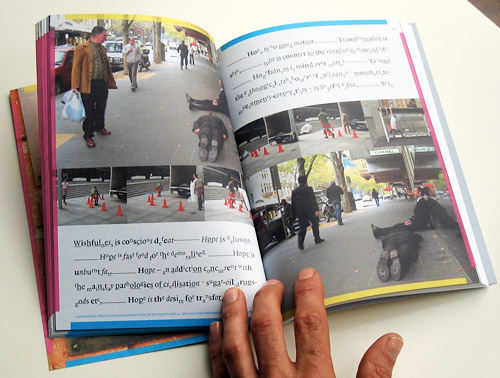It will astound most people to realise that a visit to the supermarket to buy food is a greater threat to our environment than all the pollution caused by coal fired power stations. Nearly 30% of the CO2 in our atmosphere is caused by us not growing our own food. Non-renewable energy is used to plough the fields, harvest and process the crop and take it to market. The fertilisers, pesticides and weed killers used to grow the crop are derived from oil. In fact 75% of the energy that is used to grow our food occurs once it has left the farm. The kitchen fridge uses more energy than the farm tractor. In some areas more energy is used to drive to the supermarket than is used on the farm. Up to 25% of the energy is consumed in wasteful packaging. Clive Blazey, Digger's Seeds
This week I planted 8 rhubarb shoots among indigenous grasses along the top of the dry-stone wall. You can't see them, their hiding in the mulch. Rhubarb likes well-drained soil and will grow in full-shade to full-sun conditions. Abundant for breakfasts or desserts for much of the year.

Also planted in aged, thick bush mulch are our broad beans. Frost hardy, their young leaves make a great winter salad. We collected our broad bean seeds from our brilliant crop last year. No money spent, just working within a system of cyclical regeneration, rather than linear death – supermarkets, wage-slavery, et al.

You can never go back to supermarket eggs after caring for your own chooks. They make great family friends. We free-range ours and pen in our vegies. Their shit is as golden as their eggs in a simple system of ecological-economics; circulatory reciprocity. No packaging -much goodness.

Digger's heirloom seeds are sowed tightly in this bed, and will be planted out later when the seedlings are bigger and our new raised beds are built. We typically get about 85-95% success rate with their seeds. A range of seeds including garlic, elephant leek, kale, snap peas, silverbeet, cos lettuce, spinach and broccoli.

The shed of interrelation, SOI (in progress). This will soon become our artist-in-residence shed for budding permies.














